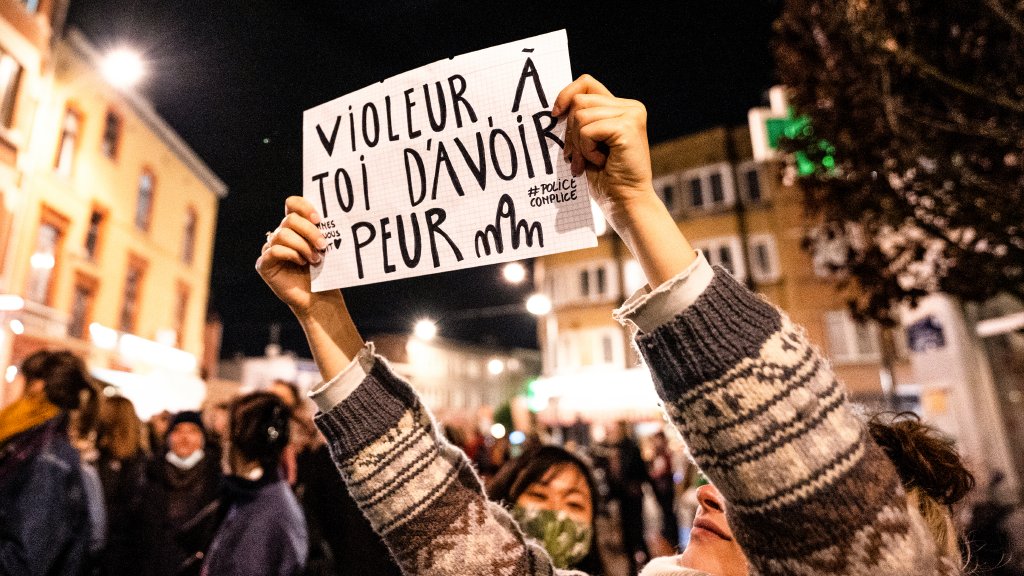The city of Liège will be testing the implementation of an anti-harassment application, with a particular focus on assault taking place during nightlife activities.
Following an incident during which an 18-year-old girl was attacked in the city in mid-January, the Workers' Party of Belgium (PTB) called on the government to develop and test an anti-harassment application, which would let women seek help when they are assaulted.
"Women have the right to be safe in our cities. This is clearly not the case today. The city must take concrete measures and develop an action plan for women in danger," Céline Fassotte, PTB's local councillor in Liège, who called for the application, said in a statement.
During an online city council meeting on Monday evening, Liège's mayor Willy Demeyer said the use of such an application will be analysed. He added that the city already implemented various actions in the fight against street harassment, cyber-harassment "but also against all forms of violence against women."
Fassotte explained that such an anti-harassment app already exists in various forms in other cities. "When a woman is attacked, she launches the application on her phone. This allows the victim to send her geo-location directly to the police, find safe places in the area, send an automatic message to friends or trigger a shrill noise to alert people in the area and thus scare off the attacker."
Related News
- Green parties propose plan to tackle sexual harassment on public transport
- Why sexual harassment is still rife in Brussels
"I ask the city to take this seriously. It is urgent. We must listen to the many victims and develop this action plan," Fassote added.
Attack sparking demonstration
The young girl was attacked after she refused to give her Instagram account name to a boy in the city on 15 January, sparking a demonstration organised by RedFox (PTB's youth movement). Around 50 young people gathered in solidarity with the girl who was attacked and demanded action from the local government.
"We can no longer accept the daily violence and harassment," said Fassotte.
Fassotte stressed that the city must also work on prevention, and strengthen the educational activities of EVRAS, an organisation focussing on Relationship, Affective & Sexual Life Education, particularly when it comes to consent.
The police in Liège previously developed an operation model focussing on raising awareness of the phenomenon among the general public and deploying trained police officers in the field. A similar model was later adopted in Brussels.
A recent Plan International study showed nine in ten girls in several of Belgium’s biggest cities have experienced some form of harassment in public spaces, but only 6% filed a complaint with the police.
However, the PTB argued that too many aggressors get off easy. "This sends the wrong signal to the aggressor (is it really that bad to assault a woman?) but also to the victim (your assault doesn't matter). We need sanctions but also a real follow-up of the aggressors."

